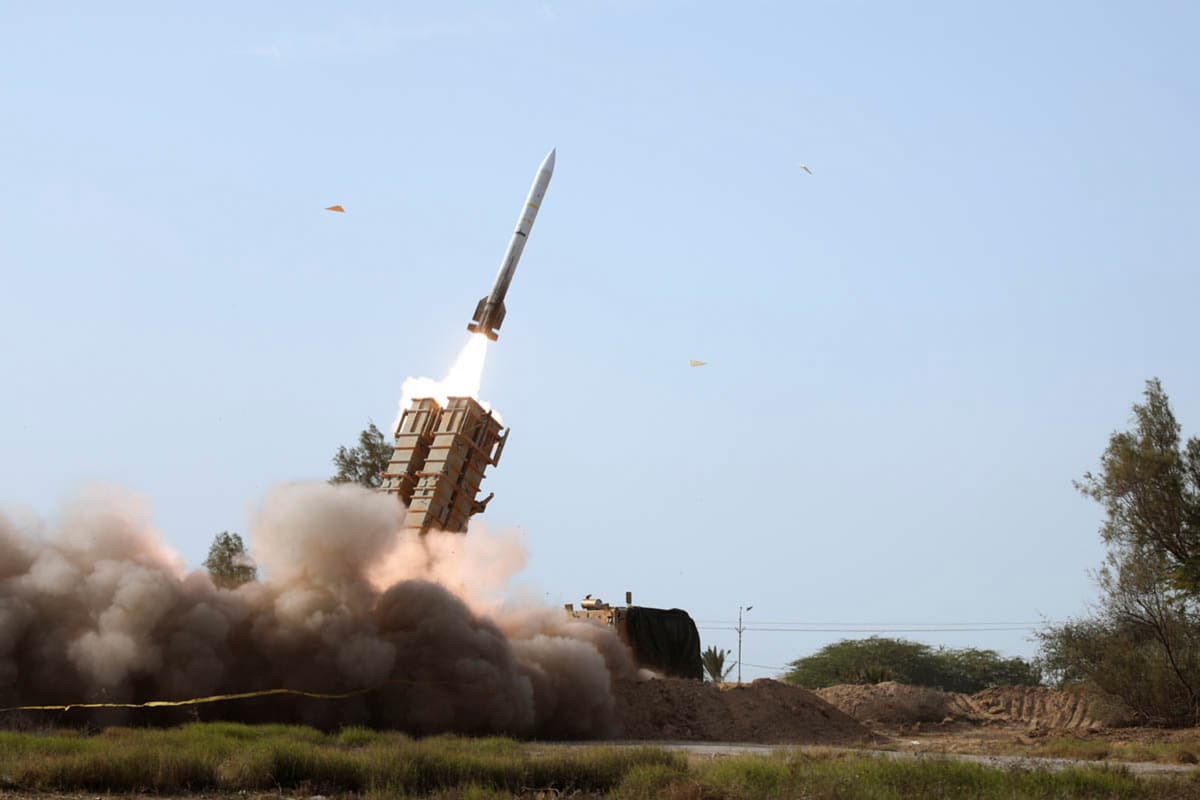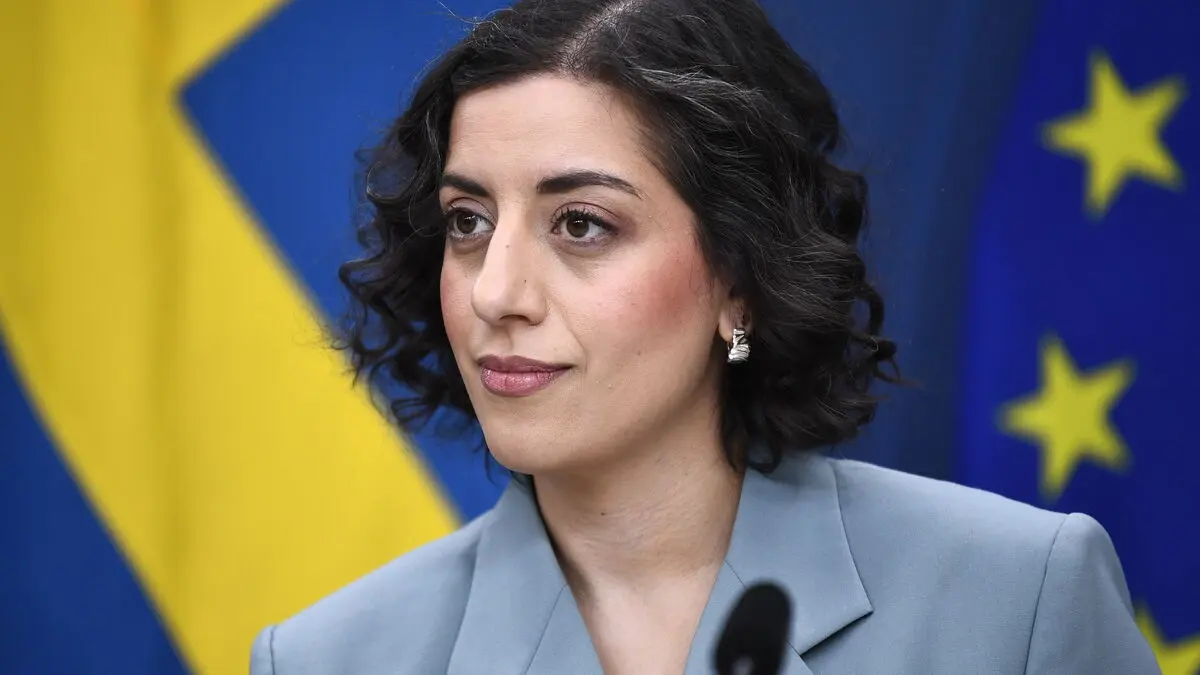It seems like Iran has said that they won't take it any further. And then the ball is in Israel's court – and there will likely be a lot of pressure on Israel not to take it to the next level, says SEB economist Robert Bergqvist, who is following the development.
Wall Street and the Tokyo Stock Exchange have fallen by a few percent, and the oil price has stabilized after some turbulence, with a relatively limited price increase.
That's how the reactions have been throughout this Middle East crisis. I'm surprised that there aren't any risk premiums in financial assets, says Bergqvist.
"Then you become less worried"
The increase in oil prices – which has risen from around 72 dollars on Friday to 74.50 dollars per barrel on Wednesday – can be linked to the Middle East conflict.
But for there to be stronger market reactions, the effects of the conflict must be clearer, believes Bergqvist. He notes that global value chains – i.e., transportation and production – have not been affected much.
Then you become less worried, he says.
The supply of raw materials has not been affected either.
A third factor that determines whether there will be a larger market effect of a geopolitical conflict is, according to Bergqvist, how the conflict affects future confidence among households and companies.
The geopolitical situation is very serious and is constantly going in the wrong direction, but so far, it has had a very limited effect on both growth and inflation, he says.
Signs of slowdown
Instead, the market – where assets such as stocks, commodities, and currencies are traded – seems to be focused primarily on central banks' interest rates and fundamental factors such as supply and demand, according to the SEB economist.
And that's where it stands right now – with signs of slowdown in the largest economies, such as the US, China, and Germany – but with hopes that interest rate cuts will lead to a soft landing for the economy after the inflation and interest rate shocks of 2022–2023.






